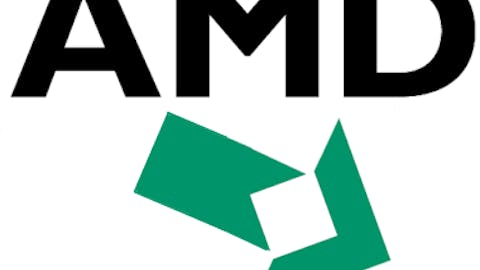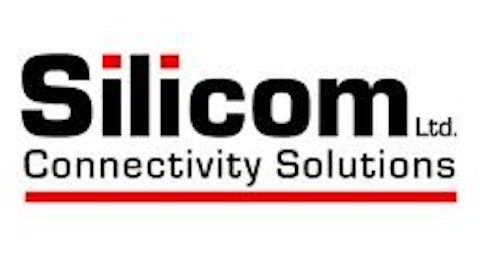Tech dividends
Dividend stocks with low dividend growth rates will likely fare the worst in the coming years, but one sector that has created a deluge of dividend stocks since the financial crisis is the tech sector. With high yields, high dividend growth rates, and low payout ratios, big tech companies may be the best dividend stocks available today.
My Ultimate Dividend Growth Portfolio, which you can track here, includes a handful of attractive tech dividend stocks. These stocks will likely be far less affected by rising interest rates compared to stocks like Verizon.
Cisco is a good example. The company has raised its dividend twice in the last year after initiating it in 2011, and after the most recent increase the projected dividend yield is a solid 2.75%. Cisco stock has risen substantially since the beginning of May, and in The Ultimate Dividend Growth Portfolio the yield on cost for the Cisco position is 3.15%.
What makes Cisco even more attractive as a dividend stock is that the projected dividend only eats up about 35% of the company’s annual free cash flow. And with a stock buyback program pushing this payout ratio down by reducing the share count, the dividend has plenty of room to grow even with slow earnings growth.
Another nice thing about Cisco is that the company is sitting on a mountain of cash. With about $32 billion in net cash, this could cover the current annual dividend payment for almost 10 years. Some of this cash is held overseas, limiting its use for dividend payments, but it still provides added support.
I expect that we’ll see significant dividend growth from Cisco in the coming years as the company returns more cash to shareholders. Although Cisco was cheaper a couple of months ago, it’s still attractively priced today.
Another big tech company with an attractive dividend is chip giant Intel Corporation (NASDAQ:INTC). Intel Corporation (NASDAQ:INTC) has a 3.7% yield, not too far below that of Verizon, and is likely to grow the dividend far faster than a few percent per year. While the dividend eats up 57% of 2012’s free cash flow, the payout ratio is only 40% with respect to net income.
In the short term the company’s dividend growth may be slow, as Intel Corporation (NASDAQ:INTC) is spending tremendous amounts of money on capital expenditures as it pushes its manufacturing processes forward. In order to compete in the mobile space, Intel Corporation (NASDAQ:INTC) needs to make its processors more energy efficient, and within a couple of years the company should have a product that is superior to the ARM-based processors, which currently dominate mobile devices.
Long-term, Intel Corporation (NASDAQ:INTC) is setting itself up to remain the dominant player in the microprocessor industry, and strong dividend growth should follow from this. With a yield close to 4% today, it’s hard to go wrong.
The bottom line
With interest rate set to inevitably rise, many dividend stocks that have been bid up over the past few years will likely be hit hard. Stocks like Verizon and many consumer staple stocks look unattractive at their current yields, and an alternative for those looking for income is big tech. With the capacity for fast dividend growth and above-average yields, these tech stocks will likely be unaffected by rising interest rates largely because the stocks aren’t viewed as traditional, safe dividend stocks. But with yields pushed down on so many popular dividend stocks, their safety comes into question.
The article Will Rising Interest Rates Affect Dividend Stocks? originally appeared on Fool.com.
Timothy Green owns shares of Cisco. The Motley Fool recommends Cisco Systems (NASDAQ:CSCO) and Intel. The Motley Fool owns shares of Intel. Timothy is a member of The Motley Fool Blog Network — entries represent the personal opinion of the blogger and are not formally edited.
Copyright © 1995 – 2013 The Motley Fool, LLC. All rights reserved. The Motley Fool has a disclosure policy.



